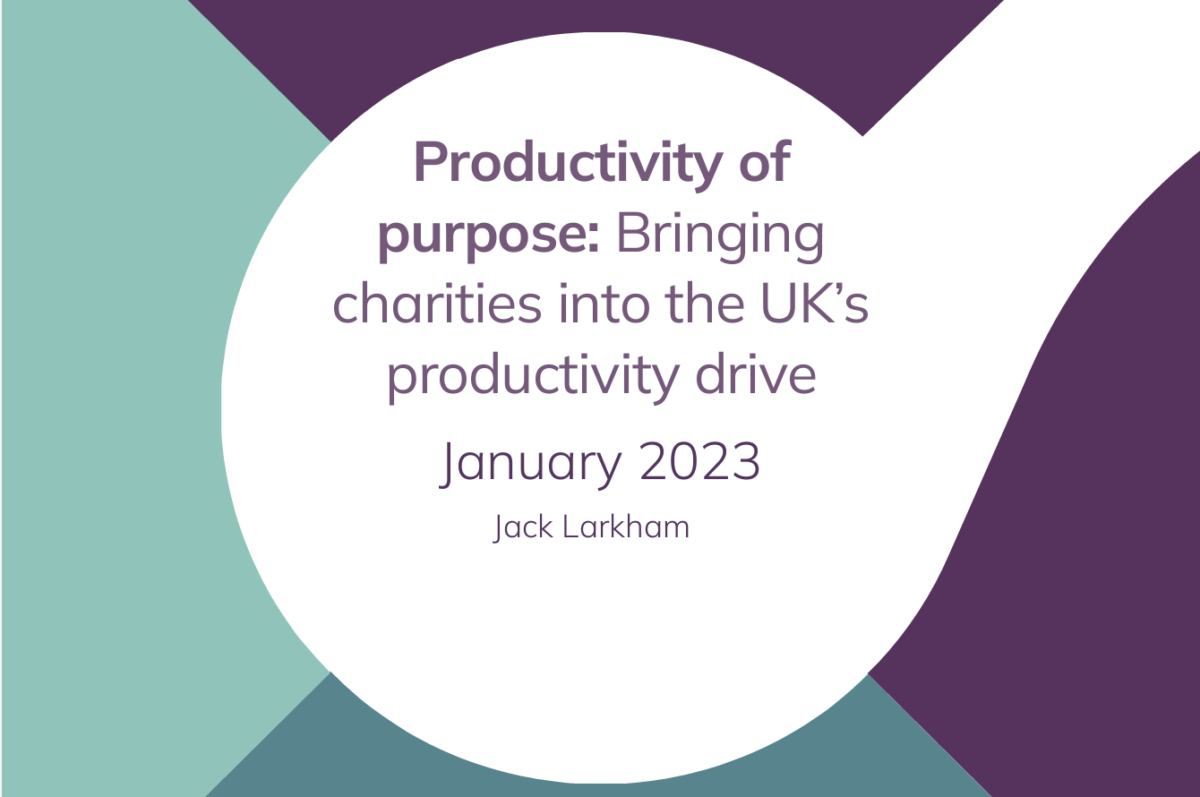Sarah & David most common names in charity sector, study suggests

Sarah and David are the most common names in the UK’s charity sector, according to a study into first names.
The research, compiled by employee share scheme specialist Vestd, is based on the 25 most common male and female names in the UK, and data from just over a million LinkedIn profiles.
Based on this data, just over 10% of employees in charities (10.47%) are called Sarah, while just under 10% (9.73%) are named David.
Advertisement
Across all sectors, Davids account for almost 8% of the UK workforce today, while Sarahs make up more than one-in-10 employees.
David also led the way in another nine of the 20 industries analysed – including healthcare, manufacturing and finance. Sarah comes top in 13 of the 20 sectors.
In the charity sector, the research found Sarahs in roles such as charity manager, fundraiser, volunteer coordinator and grants officer; while David dominates roles such as fundraiser and volunteer coordinator for male names.
The data also suggests that overall, men are seven times more likely to be a business leader, including a CEO or Managing Director, compared to women. In the charity sector however, it found more females generally across all positions.
Commenting on the findings, Ifty Nasir, CEO of Vestd, said:
“Our exercise might have been light-hearted but the results reflect wider social trends. Lack of representation in some roles and industries demonstrate how persistent some stereotypes are, including ones relating to the types of jobs men and women have.
“Many organisations recognise the value of diversity in the workplace, both ethically and commercially. It’s led some of them, including the Civil Service, to adopt blind recruitment tactics, where candidates omit information such as their name, gender, age and ethnicity.
“Another way to improve diversity is through employee share schemes or enterprise management incentives (EMI schemes) – which quite literally create equity for people in a business, whatever their role or background. It’s also a powerful incentive for staff to work their way up the ranks and hopefully improve representation at a senior level in the future.”






